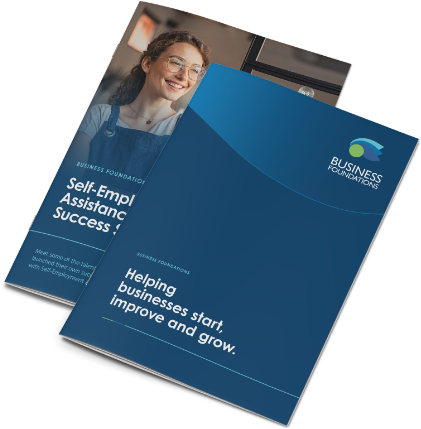Payday Superannuation Reform: What It Means For Small Business
May 5, 2023
The recent reform introduced by the Australian Government will require employers to make superannuation payments on a more frequent basis, aligned with their employees’ payday. This week, Treasurer Jim Chalmers announced that the quarterly superannuation guarantee payments will end on the 1st of July, 2026.
This change aims to streamline the process of paying superannuation and benefit both employers and employees.
Under the current system, employers are required to pay superannuation contributions to their employees’ chosen super funds once every quarter. However, the new reforms will require employers to make payments on a more frequent basis, at least once every month.
For small business owners, the reform presents several benefits. By making superannuation payments more frequently, the new system will help small business owners better manage their cash flow. Spreading out the payments over a longer period will allow for better financial planning, making it easier to predict monthly expenses and budget more effectively.
Additionally, the reform will reduce the compliance burden associated with managing superannuation payments. Currently, employers are required to make superannuation contributions once every quarter. However, the new system will require payments at least once every month. This will reduce the administrative burden on employers, allowing them to focus on their core business operations.
For employees, the more frequent payments will help ensure that they receive their superannuation payments on time, helping them to plan for their retirement and build a better financial future. By aligning superannuation payments with their payday, employees will have a better understanding of their finances and can make more informed decisions.

Despite the benefits, there are also some potential drawbacks to the reform. For small business owners, the more frequent payments may lead to additional costs associated with compliance and administration. Small businesses may have to invest in new systems and processes to manage the changes, which could add to their financial burden.
Furthermore, the new system may create cash flow challenges for small businesses that struggle with irregular income streams. Businesses may have to adjust their budgets and financial planning to accommodate the more frequent payments, which could lead to financial strain.
For employees, the more frequent payments may not necessarily translate into higher retirement savings. Some experts have argued that more frequent payments may lead to employees having multiple small superannuation accounts rather than one consolidated account, which could result in higher fees and lower returns.

While the reform aims to streamline the process of paying superannuation and reduce the compliance burden, it may also lead to additional costs and cash flow challenges for small businesses. Employees may benefit from more frequent payments, but there are also concerns about the potential impact on their retirement savings. It remains to be seen how the changes will impact small businesses and their employees in the long run.
Acknowledgement Of Country
Business Foundations acknowledges the traditional custodians throughout Western Australia and their continuing connection to the land, waters and community. We pay our respects to all members of the Aboriginal communities and their cultures; and to Elders both past and present.
Victoria
The Commons
80 Market Street,
South Melbourne VIC 3205
admin@businessfoundations.com.au
Western Australia
Wesley Central
2 Cantonment Street,
Fremantle WA 6160
admin@businessfoundations.com.au


Get In Touch
Have a question or to find out how we can help you, please get in touch.






